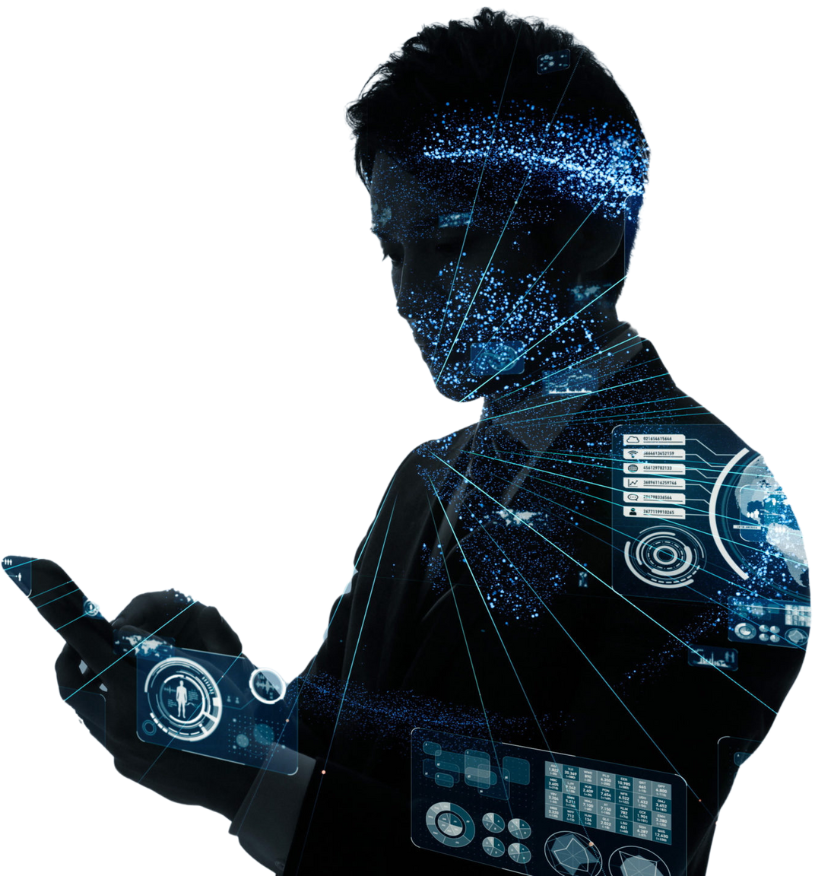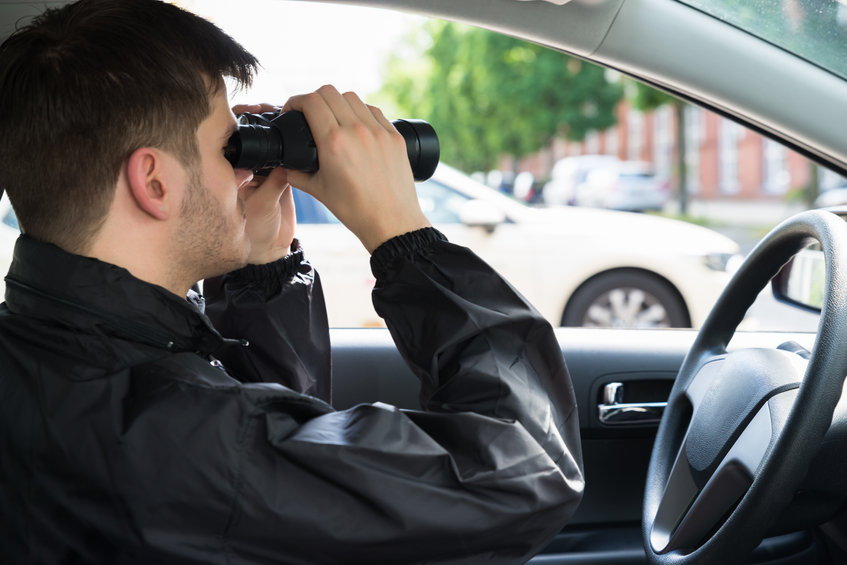Free News On Choosing Local Private Investigators
Free News On Choosing Local Private Investigators
Blog Article
How Can You Confirm That A Private Detective Is Licensed And Certified?
To ensure that they adhere to the law, it is important to ensure that private investigators are licensed and certified in accordance with local laws. Here are some steps to take in order to verify the legitimacy of a private investigator's license and certification is valid. Check the Government Licensing Boards
Contact the licensing agency or regulatory agency in the jurisdiction in which you are operating. The information you need is usually available at the provincial or state level. Contact details are available online or through the local government.
Online Licensing databases
Many jurisdictions have online databases that allow users to look up the status of private investigators. Find out if the licensing board has an online database, and then search for the name of the investigator as well as agency.
Request a License Documentation
Contact the private investigator about their license directly. Legitimate investigators should be willing to give their license number as well as expiration date and other details pertinent to the license. Check these details with licensing boards.
Find professional associations.
Several private investigators belong to professional associations that have their own codes of ethics and standards. It is important to note that membership in an organization does not equal government licensing. However, it can provide you with a higher level of confidence in the professionalism of. A few examples are the National Association of Legal Investigators(NALI) and the Council of Private Investigators of Ontario(CPIO).
Contact State Police
In some areas, police departments maintain the list of licensed private investigators. To find out whether the investigator has been licensed, contact the police department of the state or province or the relevant police department.
Online Resources
Certain online sources compile information about licensed professional. While not being official, can provide initial information and also links to official databases.
Make sure you have a Business Licence
Alongside the license of the individual investigator, be sure the private investigation agency also has the necessary business licenses in the jurisdiction. This is vital to confirm the legitimacy of the business.
Contact Regulatory Authorities
If you are unsure or questions, you can reach out directly to the authority overseeing private investigators in the area. They can confirm license requirements and the status of the license.
Checking Information for Cross-Check
Check the information supplied by a private investigator against the official records of the licensing authority. Make sure that the investigator's name is on an accurate name, license, and expiration date.
Be aware of Red Flags
Be wary if you notice that an investigator will not give any license details. Be cautious in the event that their information is to be inconsistent.
It's crucial to be familiar with the licensing requirements within the jurisdiction where the investigator works. Prioritize working with professionals who have been licensed and certified to ensure the legitimacy and quality of the services. See the most popular private investigator for more recommendations including private detective, private detective work, private investigator georgia, private detective surveillance, private investigation agency, private investigator fees, private investigation companies, private investigator washington, background check investigator, private eye license and more.
What Do I Need To Know What Do I Need To Know Surveillance Investigations?
Surveillance is the continuous observation, monitoring and gathering of evidence. These investigations are often performed for different reasons, including legal matters or corporate investigations as well as concerns of a personal nature. Here are a few things you need to know about surveillance investigations.
Surveillance can be conducted for a variety of reasons, such as gathering evidence to support legal cases and monitoring employee behavior, investigating insurance fraud, monitoring a person's actions or to ensure the safety of a facility.
Legal and Ethical Issues
Surveillance actions must conform to ethical and legal standards. Investigators must abide by privacy laws.
Different types of surveillance
Static Surveillance Monitoring a person or fixed location from a stationary position.
Mobile Surveillance The surveillance of an object or subject, as they move from one place to another.
Covert Surveillance Conducted discreetly, without the subject's awareness.
Surveillance overtly is conducted in openness to detect or observe, without hiding any information.
Technical surveillance employs devices like cameras, GPS tracking, and other electronic devices to gather information.
Surveillance Equipment
Equipment and tools for investigation are utilized for surveillance. These include binoculars as well as cameras (both stills and videos), GPS trackers.
Discretion as well as Cover
Security operatives have to operate in a discreet manner in order to evade detection. It may be necessary to drive vehicles that are not marked or blend into the surroundings, or disguise themselves to decrease the possibility of being spotted.
Observational Skills
Effective surveillance depends on the ability to observe. Investigators need to pay careful attention to small details, be aware of any changes in behavior and accurately document their observations.
Strategies and Planning
Surveillance operations need careful planning and strategy. Investigators must devise routes and identify the best vantage position.
Communication Skills
Communication is crucial for surveillance operatives who often work in groups. Communication that is clear and concise makes sure that the group is kept informed and coordinated.
Legal Authorization
In certain situations it is possible that a legal authorization be required for surveillance. This is particularly the case when police agencies or private investigators are hired to conduct surveillance.
Documentation
A thorough record of surveillance activities is vital. Investigators must maintain detailed records, including timestamps and descriptions of the activities they observe, and any relevant details.
Adaptability
Since surveillance circumstances can swiftly alter, investigators need to be flexible enough to change their plans on the spot.
Report Generation
Investigators produce detailed reports summarizing their findings. They can be utilized in court cases as evidence or to give clients a clear view of the findings.
Moral behavior
Ethics are crucial in surveillance investigation. Operatives must act within the confines of legal and ethical guidelines by avoiding actions that could jeopardize the investigation or violate the rights of individuals.
Safety Factors
Surveillance operatives need to prioritize safety, both for themselves and others. This means staying clear of dangerous situations and adhering strictly to traffic regulations when carrying out mobile surveillance.
Surveillance investigation requires a combination techniques, technologies and ethical concerns. Effective surveillance is crucial to obtain accurate and pertinent data. Have a look at the most popular Private investigators for more info including private investigator in mississippi, wv private investigator, types of private investigators, private investigator background check, become a private investigator, international private detective, local private investigators, hire a detective, private investigator tips, best private investigators near me and more.